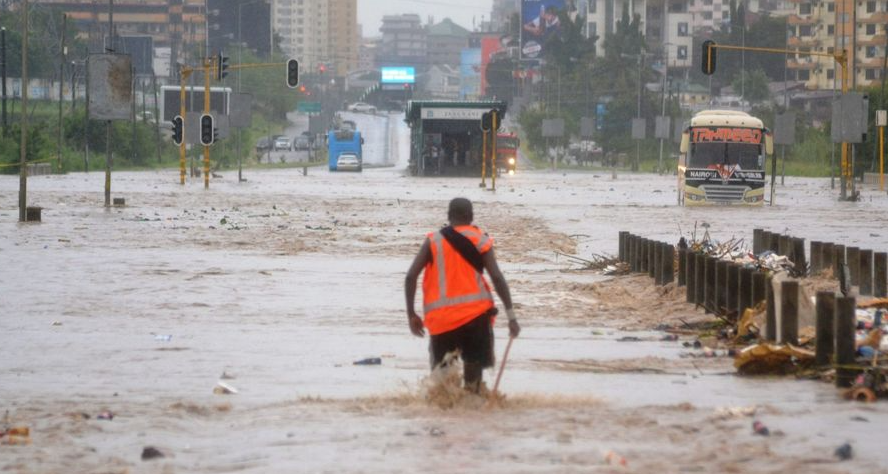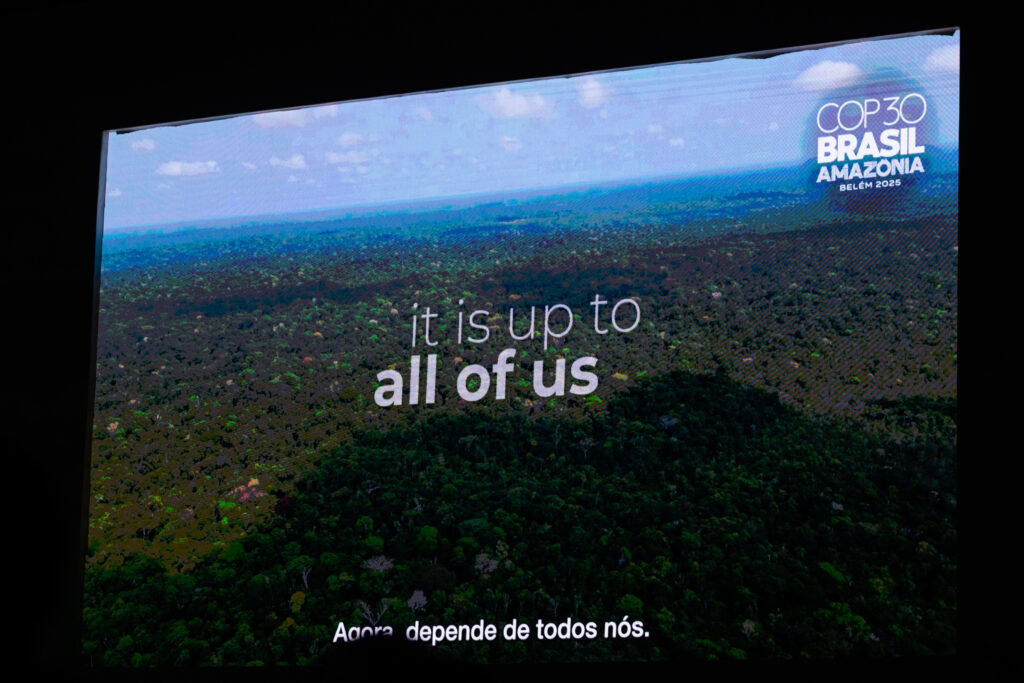By Jenifer Gilla
Belém, Brazil. For the first time since its establishment three years ago at COP27 in Egypt, developing countries severely affected by climate impacts have been invited to submit proposals for financial assistance from the Fund for Responding to Loss and Damage (FRLD).
The call, officially launched at the ongoing COP30 climate summit in Belém, Brazil, marks a major milestone for nations grappling with rising seas, droughts, floods, and other irreversible climate consequences.
Countries will be able to submit proposals between mid-December 2025 and mid-June 2026, with the first funding approvals expected to begin in July next year.
According to the fund’s board, an initial $250 million (Sh625 billion) has been set aside to support projects addressing a wide range of climate-related losses — from damaged infrastructure and displaced communities to the destruction of cultural heritage.
FRLD Co-Chair Jean-Christophe Donnellier said the first call for proposals would help test, learn, and shape the fund’s long-term operating model. He described the announcement as “an important signal to developing countries that support is now available.”
Reacting to the launch, Evans Njewa, Chair of the Least Developed Countries (LDC) Group, said the move was a practical step toward climate justice, long awaited by communities on the frontlines of the crisis.
He urged that the fund deliver “fast, simple, and accessible support with fair and flexible conditions for countries facing the harsh realities of climate change.”
However, experts warn that available resources fall drastically short of what is needed.
A report titled “A Climate Loss and Damage Fund That Works,” released by the Independent High-Level Expert Group on Climate Finance, estimates that by 2030 developing countries could require between US$200–400 billion annually to address loss and damage.
In comparison, donor nations have only pledged $788 million, with just over $560 million formally committed and less than $400 million actually disbursed.

African group expectations
Responding to the announcement, Dr Richard Muyungi, Chair of the African Group of Negotiators (AGN), outlined three key expectations from Africa.
First, he called for adequate and predictable resources to ensure the fund can meet long-term recovery needs.
Second, he emphasized the need for institutional coherence between the FRLD, the Santiago Network, and the Warsaw International Mechanism to prevent duplication and enhance coordination.
Third, he underscored the importance of equitable access and inclusivity, urging simplified procedures and technical assistance for least developed countries that struggle to navigate complex global finance systems.
“The credibility of this new mechanism will depend on how accessible it is to those on the frontlines,” he said. “Resources must flow rapidly, directly, and transparently to affected countries.”
Dr Muyungi added that the African Group stands ready to engage constructively so that the fund becomes “a lifeline for millions — not just another institution of good intentions.”
Activists call for greater ambition
Sarah Pima, Director of Hudefo and Lead Coordinator for Youth and Gender within the AGN, said the fund’s current resources represent only a fraction of what is required, as climate disasters continue to devastate vulnerable nations.
She cited examples such as Hurricane Melissa, which recently caused an estimated US$7 billion in loss and damage across Jamaica and the Philippines.
In response, Ibrahima Cheikh Diong, Executive Director of the FRLD, acknowledged the challenge of limited resources but pledged that the fund would continue mobilizing additional financing to support long-term ambitions.
Rising demands reflected in national climate plans
Several developing countries have already identified loss and damage as a priority in their Nationally Determined Contributions (NDCs) — the national climate action plans submitted to the UN ahead of COP30.
Nations such as South Africa, Vanuatu, Mauritius, and Liberia have requested targeted support from the FRLD, noting that climate impacts in their territories have already surpassed their capacity to adapt.
Tanzania, one of the country’s most vulnerable to droughts, floods, and sea-level rise, has underscored in its 2021 NDC that recurring climate shocks are eroding development gains and increasing recovery costs.
Although the NDC does not explicitly list loss and damage as a standalone priority, it highlights sectors such as agriculture, coastal management, and disaster risk reduction — areas where climate impacts have already exceeded adaptation limits.
The new FRLD offers a crucial opportunity for Tanzania to seek targeted support to rebuild livelihoods, restore damaged infrastructure, and protect vulnerable communities.


